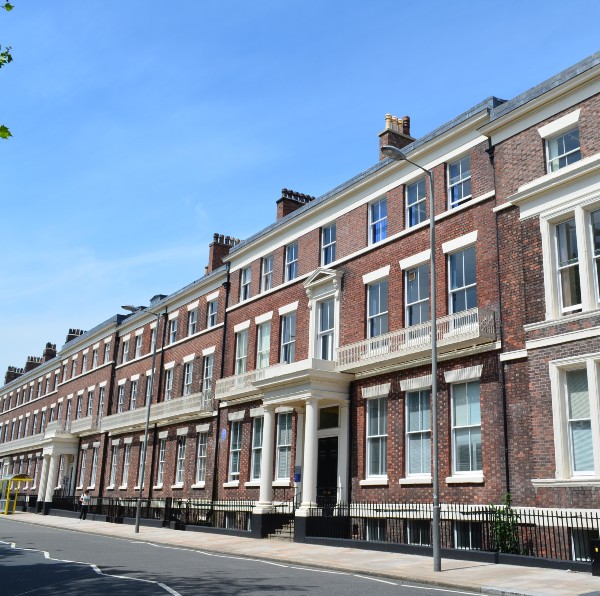Edwards Lecture 2022: Jonathan Edwards, Freedom of the Will, and Reformed High Orthodoxy

All colleagues and graduate students are warmly invited to the Edwards Lecture 2022, which is due to be held on Wednesday 19th October, 15:00-17:00, in the Library of the School of the Arts, 19 Abercromby Square. There is no need to book in. Queries should be directed to Daniel Hill.
The Edwards Lecture is an annual event put on by the Jonathan-Edwards Centre, UK, which is co-located at the University of Liverpool. The Centre exists to study the life and thought, and particularly the philosophy of, the 18th-century New-England divine Jonathan Edwards.
This year’s lecturer is Dr Philip Fisk from ETF, Leuven. Dr Fisk is author of a number of books, including Jonathan Edwards’s Turn from the Classic-Reformed Tradition of Freedom of the Will. Colleagues would also be welcome to join us for dinner out with Dr Fisk after the Lecture.
Jonathan Edwards, Freedom of the Will, and Reformed High Orthodoxy
Surprisingly, Jonathan Edwards did not mention any theologians of Reformed high orthodoxy, (ca. 1640–1700), in his major treatise, The Freedom of the Will (1754), theologians such as, Gisbertus Voetius (1589–1676), Adriaan Heereboord (1614–61), Francis Turretin (1623–87), Stephen Charnock (1628–80), and Petrus van Mastricht (1630–1706). Strikingly, those from whom Edwards drew support for his argument in Freedom of the Will had no university appointment, with the exception of Isaac Newton. Who were they? They were the most gifted philosophers of their time. Those named in Freedom of the Will from whom Edwards drew support, albeit very selectively, or with whom Edwards engaged in a limited fashion, were the English philosophers Thomas Hobbes (1588–1679) and John Locke (1632–1704), the English scientist Isaac Newton (1642–1727), the English Newtonian philosopher Samuel Clarke (1675–1729), and the Scottish philosopher Andrew Baxter (ca.1686–1750). This, despite the fact that he listed Clarke as one of the chief “Arminian writers.”
Among those interlocutors whom Edwards opposed in Freedom of the Will were the Church of England scholar, Daniel Whitby (1638–1726), and the English dissenter, Isaac Watts (1674–1748). In related correspondence, Edwards wrote letters of clarification to the Scottish moral philosopher Henry Home, Lord Kames (1696–1782). Likewise, none of these opponents or correspondents had university appointments.
Preliminarily, I suggest that Edwards self-consciously chose to engage, and where possible, enlist some of the leading intellectuals of the day, not only to support his theory of freedom of the will, but also to place himself among the philosophers of the trans-Atlantic republic of letters. For, as the original title of Freedom of the Will reveals, Edwards wished to conduct a “modern enquiry into the prevailing notions of that freedom of will.” Together we shall think about why it was the case that Edwards did not engage some of his favorite theologians of high orthodoxy in the Freedom of the Will treatise.
Methodologically, I proceed first by briefly establishing a medieval line of thought on the topic of freedom of the will. Second, I establish a line of thought of Reformed high orthodoxy on freedom of the will by taking into account the above-mentioned university theologians who arguably exercised a significant degree of influence upon the Harvard and Yale curricula in New England. Third, I examine Edwards’s argument for freedom of the will as a freedom of moral necessity. I demonstrate the degree to which he drew upon the above-mentioned philosophers for support of his thesis. Finally, I offer what I hope are compelling reasons for understanding Edwards’s treatise on freedom as a polemical piece that both addressed the perceived threat of Arminian beliefs to New England, and that positioned Edwards among the philosophes of the republic of letters.